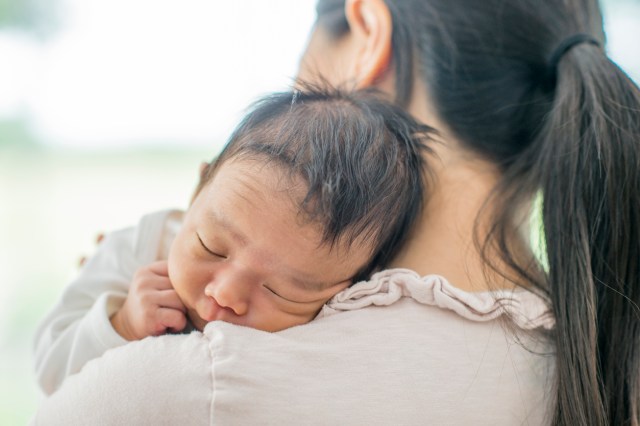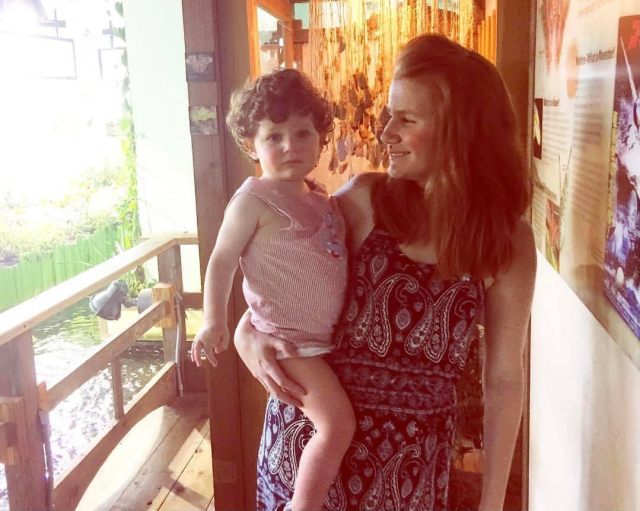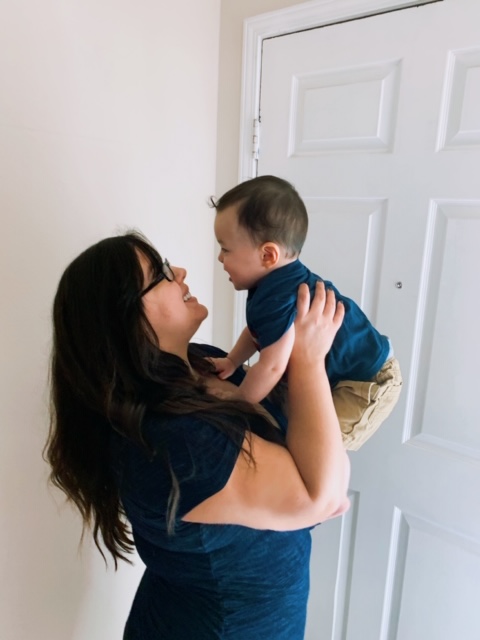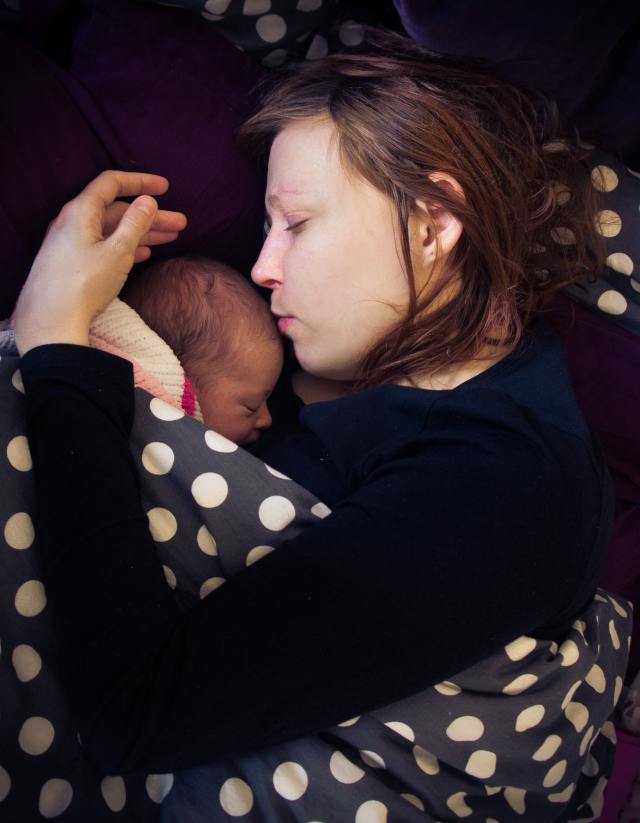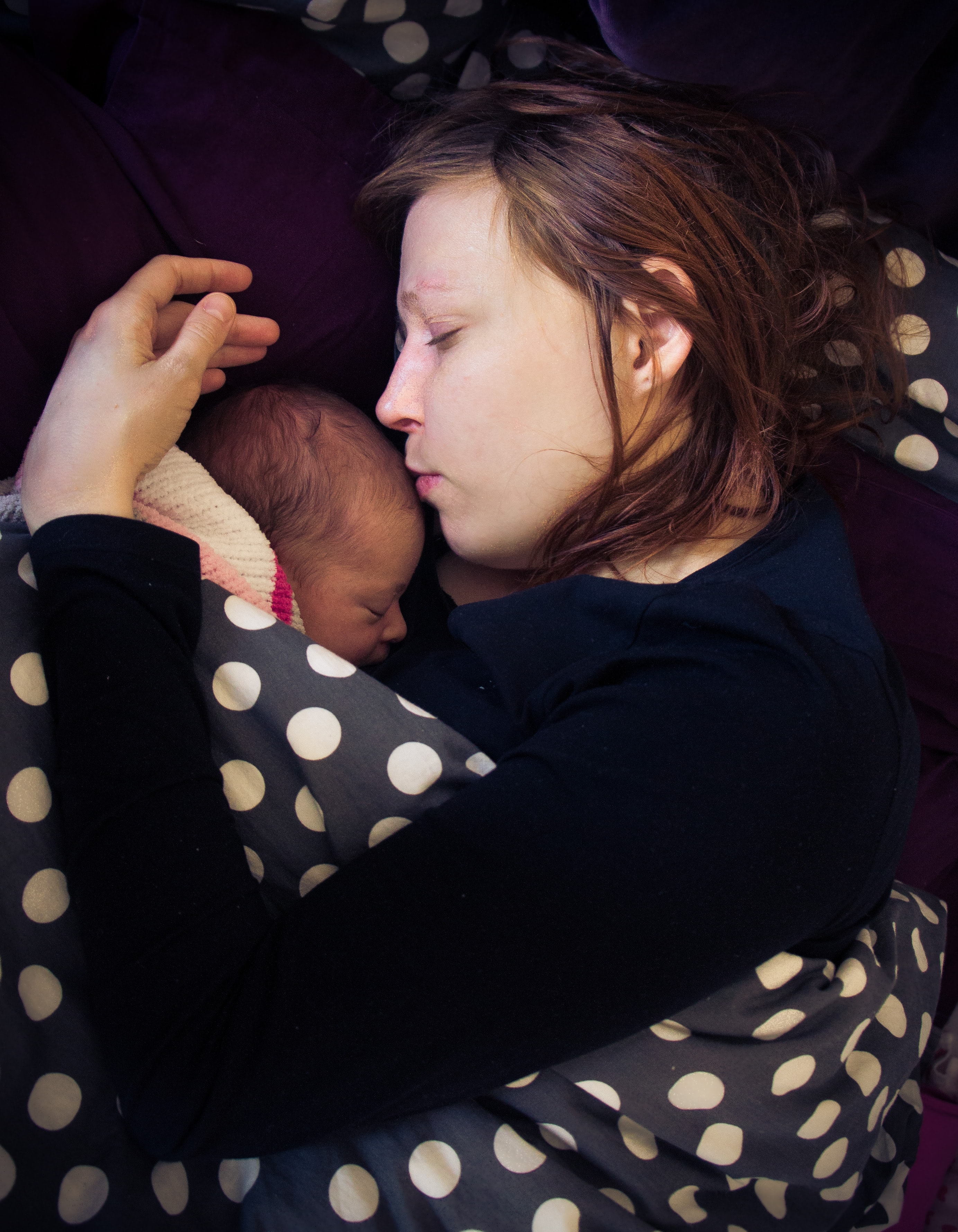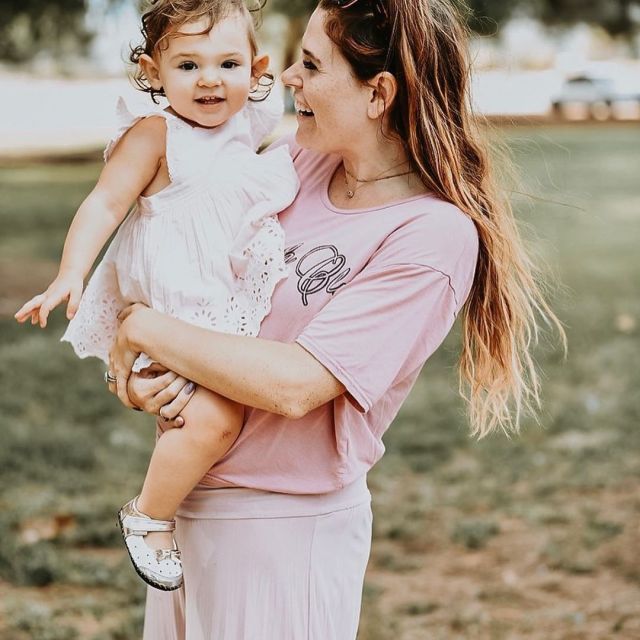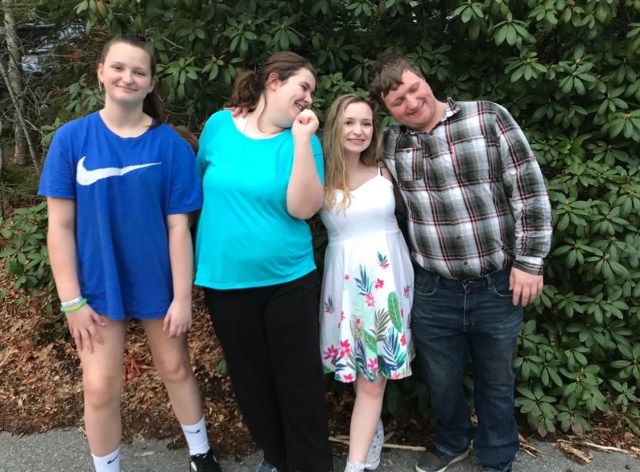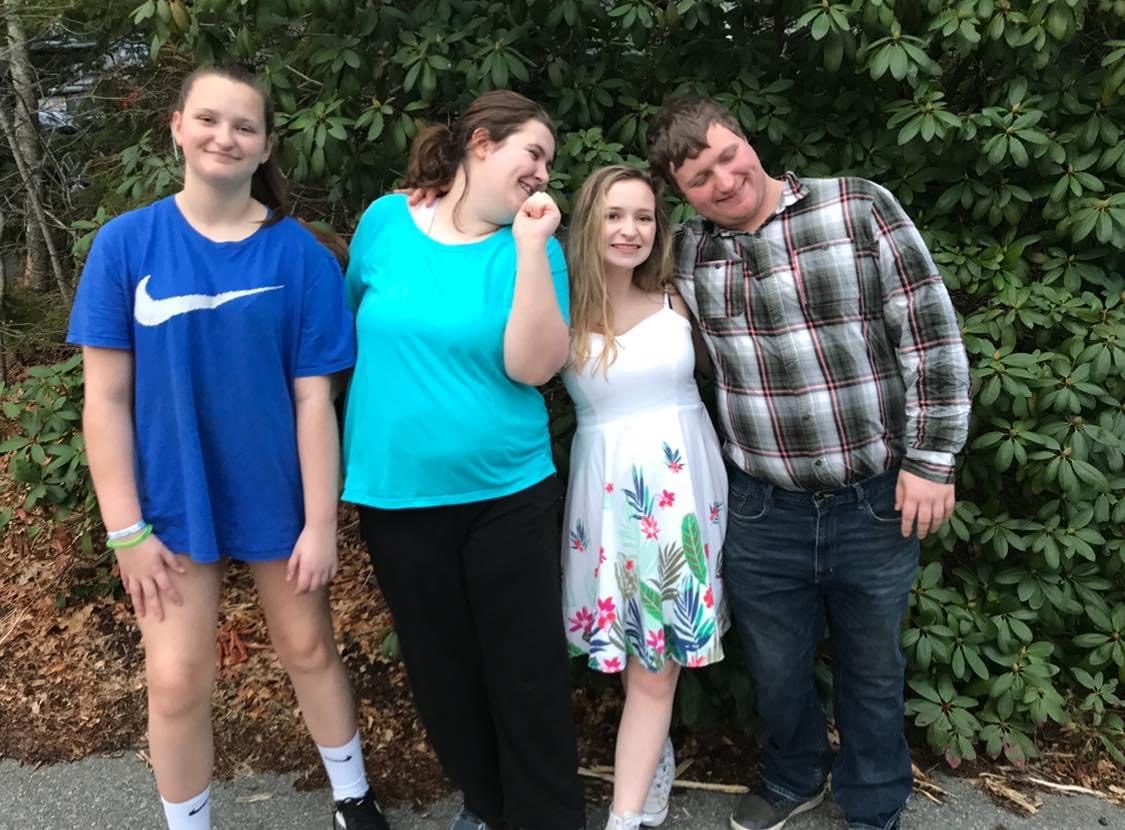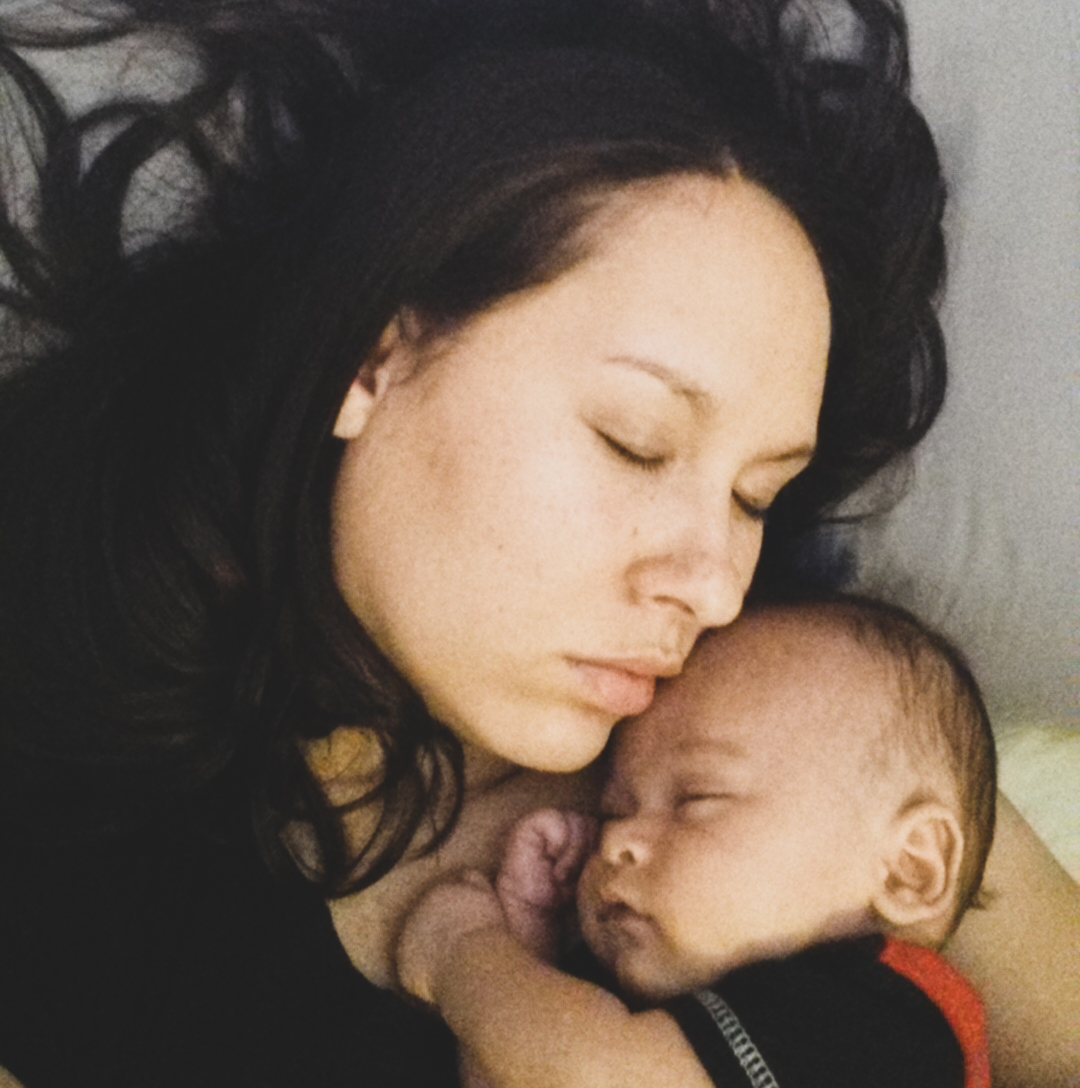
It was 3 a.m. White noise screamed in my ears. Besides the small glaring red light of a baby monitor, I was engulfed in darkness. My body was so tired my bones ached. All this as I held onto a small tiny human praying for him to sleep. The five hours before I had been in and out of 20 to 45-minute chunks of sleep, on the nursery floor, in the rocking chair, or my bed, always just long enough for it to be painful to wake to the cries and I would will my body to get up again.
I’d just wonder why my six-month-old baby hated everything at night; sleep, his bed, and possibly even me. I was on the edge. The days I would recoup, but when night came the darkness crept in. We were past the newborn stage, I had read so many sleep training books and had tried it all. Breastfeeding was a struggle so I couldn’t even rely on it. I was six months into parenting and already failing. My only hope was that it wouldn’t last forever. I held onto everyone’s words “he will eventually sleep.” I was so tired.
The thing is that the sleepless nights continued, for weeks, then months, and then years. My son was diagnosed with autism. Which explained so much, but also meant the sleep issues could last forever. Although, he always would sleep just enough that it wasn’t as much of a concern to others, but then other things were getting harder. There was a lack of communication, meltdowns, harm, self-harm, and silence. I was so lost.
Happy moments were in-between the hard. Beautiful and happy moments that I treasured and still do. He found his love for water, music, and tickles. He was a sweet and amazing boy. Some days there were things I couldn’t understand; a slow progress and lack of adjustment to everything. The typical didn’t come.
I had been around children my whole life and cared for many. I would think: Why am I such a bad mother? I should be good at this. The nights continued to be a dark a lonely place. Even as my husband helped, I would sit in the next room and cry.
Home alone with my toddler, the days were lonely too. I would lose my cool and then hate myself for it. We couldn’t live the life I thought we’d live. We couldn’t go many places and when we did, all I could do was assess the differences between us and everyone else. No one really seemed to understand, which made it all the more lonely. Now that time has passed, we’re in a much better place. Sleep is not perfect but much improved, communication has grown, and most importantly I understand and know why my child is the way he is. He takes in the world differently, he thinks differently than me, but my goodness it can still be really hard. Now the progress and behaviors come in waves and many times I pray alone for calm and patience.
The greatest resource I have now is other moms in my life who travel a similar path. I began following a group led by Kate Swenson who once said “I’ll sit with you in the dark.” This immediately resonated with me. I went on to meet amazing women who had been in the dark and were willing to sit with me there. With them, I can just say we had a hard night or day and they automatically understand. These are people I probably wouldn’t know or relate to in many other ways but are now my best friends, my hope, my shoulder to cry on. I have friends who I know are a phone call away. Some whom I listen to chat away in my earbuds while I sit alone, in the dark, willing a six-year-old boy to fall asleep.
If you’re a parent of a special needs child, a new parent or a lost parent and you find yourself in the dark literally or figuratively, know that I understand you. Reach out to someone who can understand. I will cry with you. I will listen to you. “I’ll sit with you in the dark.” It will save you.
